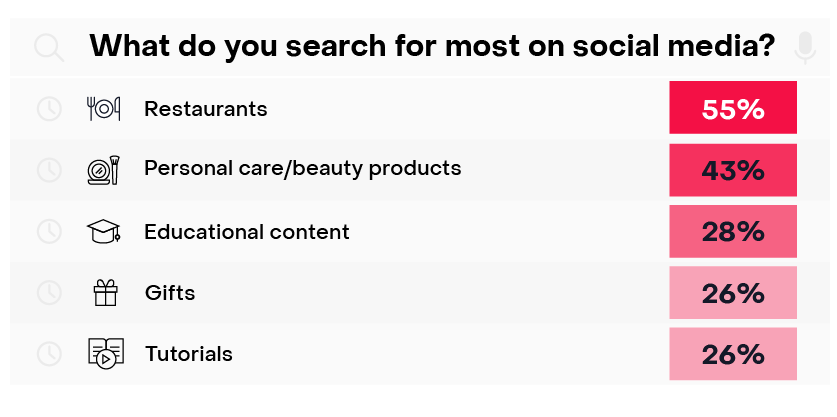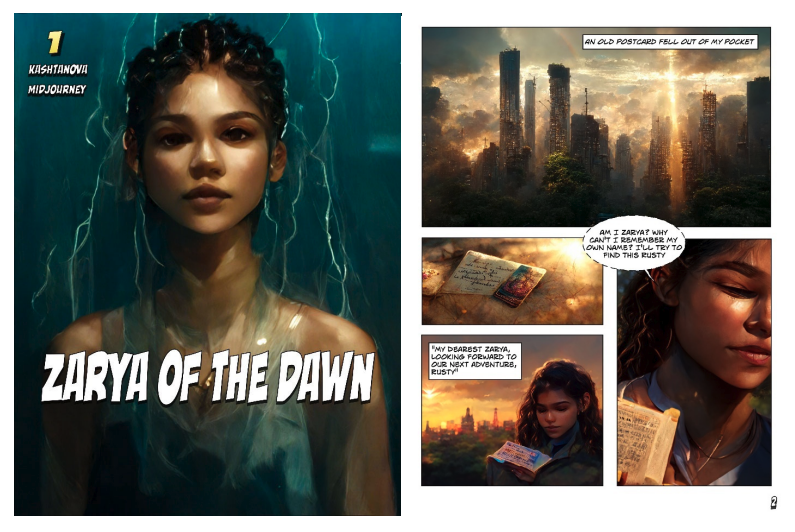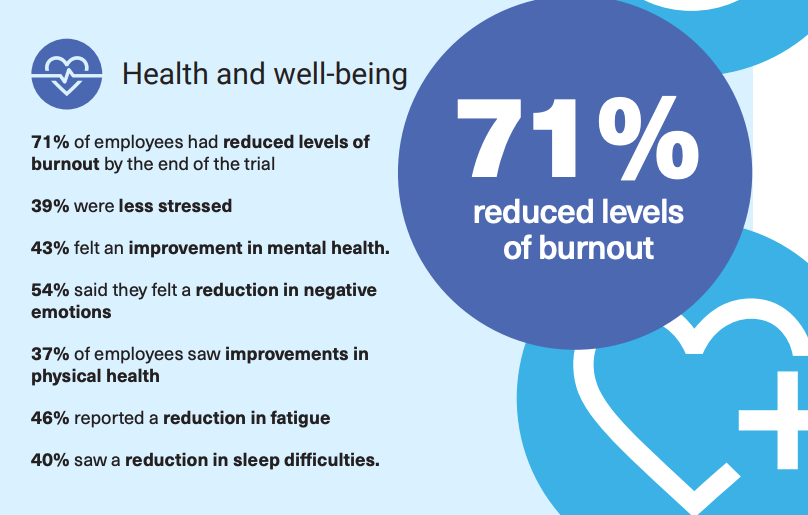Moving Beyond Search, AI Copyright, 4-Day Week

Beyond Search Engines
User behavior is changing. Here are three macro-trends: 1) AI-assisted discovery, 2) searching beyond search, 3) shifting social media engagement. As we all know, AI is potentially disruptive of the search status-quo. One interesting manifestation may be browser integration of ChatGPT (e.g., Edge). Users with an AI assistant in the sidebar may have fewer reasons to "search." AI assistants will also evolve beyond the current GPT-search integration. Next, as you remember, Google said, 40% of younger users were looking to TikTok and Instagram for restaurants. Two new reports lend further support the idea that people are diversifying their search behavior. A Chatmeter report argues consumers increasingly look for and leave reviews in non-traditional places (e.g., games); a Frontier report found 40% of respondents were unhappy with search results (esp. Gen Z). Many of these people are looking to social sites for inspiration and information. Notwithstanding that, social media engagement continues its slow decline. A new benchmark report says engagement is down across the board – except for TikTok.

Our take:
- Google will continue to dominate search for the foreseeable future, but the edges are fraying, as people seek out alternatives.
- Social media is the primary alternative to search for discovery, but many social sites are weakening (e.g., Twitter, Facebook).
- There's an interesting opening for new models and hybrids to emerge in the next several years, combining search, AI and community in new ways.
Link to this segment: Beyond Search Engines
Copyright and AI Content
Can AI-generated content be copyrighted? We probably won't know the definitive answer until Congress or the US Supreme Court weigh in. For now the US Copyright Office has said (.pdf), AI-generated images cannot be copyrighted because they "are not original works of authorship." This question arises in the context of a comic book (Zarya of the Dawn) whose images were generated by Midjourney. The Copyright Office initially granted a copyright for the entire work but later rescinded it for the images, allowing the text of the comic to remain protected. (As an aside, the main character's image is an unauthorized use of the actor Zendaya's likeness.) While the author's lawyer obviously disagrees, it's unclear whether they will pursue litigation. The Copyright Office cited various SCOTUS cases in its decision that a copyrighted work must be the product of "independent creation and sufficient creativity" and "human authorship."

Our take:
- The above doesn't address the derivative nature of AI-generated works (often trained on copyrighted material). That's a separate issue.
- There are implications for text. How much "human authorship" is required before a work can be protected? Does editing count?
- Can prompts be copyrighted? Will AI detection tools become the arbiters of copyright? Will a 51% human authored work be OK, but not 49%?
Link to this segment: Copyright and AI Content
Productivity and the 4-Day Workweek
As you may recall, after a hiring frenzy during 2021, tech CEOs pivoted to complaining about worker productivity in 2022 and then stack ranked them as a prelude to layoffs. It's clear that many tech companies over-hired and then had to shed employees to appease investors. And CEO productivity complaints may not have been entirely unfounded. However, productivity issues are usually blamed on unmotivated or complacent employees – not on companies or their cultures. But what if the employer took at least partial responsibility for productivity? The results of a six month UK based 4-day workweek trial suggest an answer. Of the 61 businesses that participated, 92% said they will continue with the 4-day workweek. Revenue actually increased for the involved companies, in some cases significantly, and employee retention improved by 57%. Employees were happier and "55% reported an increase in their ability at work."

Our take:
- There are challenges associated with the 4-day workweek. On balance it benefitted both the companies and their employees.
- Happier, less stressed employees are more productive and outperform those distracted by fear of layoffs or burned out from overwork.
- A majority of US employers use coercion and fear as a management tool to extract more work or compliance. But it doesn't work.
Link: Productivity and the 4-Day Workweek
Recent Analysis
- Near Memo ep. 102: Adding services helps local rankings, title tags and ranking, impact of Google easing review filter to placate Local Guides.
- ICYMI: Google Business Profile Forum: Support Avoidance Strategy, by Mike Blumenthal.
Short Takes
- Birdeye the latest reputation platform to add ChatGPT.
- Why AirBnB reviews may not be trustworthy (WSJ).
- G-Maps: DOJ preparing third antitrust action against company.
- Restaurants experiment with subscription models.
- Neeva introduces Reddit summaries into its AI-search results.
- AI-generated voice can already fool voice ID authentication.
- As predicted, the DOJ will sue to block Adobe-Figma deal.
- High cost of running ChatGPT in search may impact profits.
- Google offers new enhancements, refinements to P-Max.
- Foundry: OpenAI develops dedicated offering for enterprises.
- Walmart's ads unit generated $2.7 billion in 2022.
- Data privacy labels on major Google Play apps false/misleading.
- Nextdoor transparency report claims "record low" harmful content.
Listen to our latest podcast.

How can we make this better? Email us with suggestions and recommendations.

